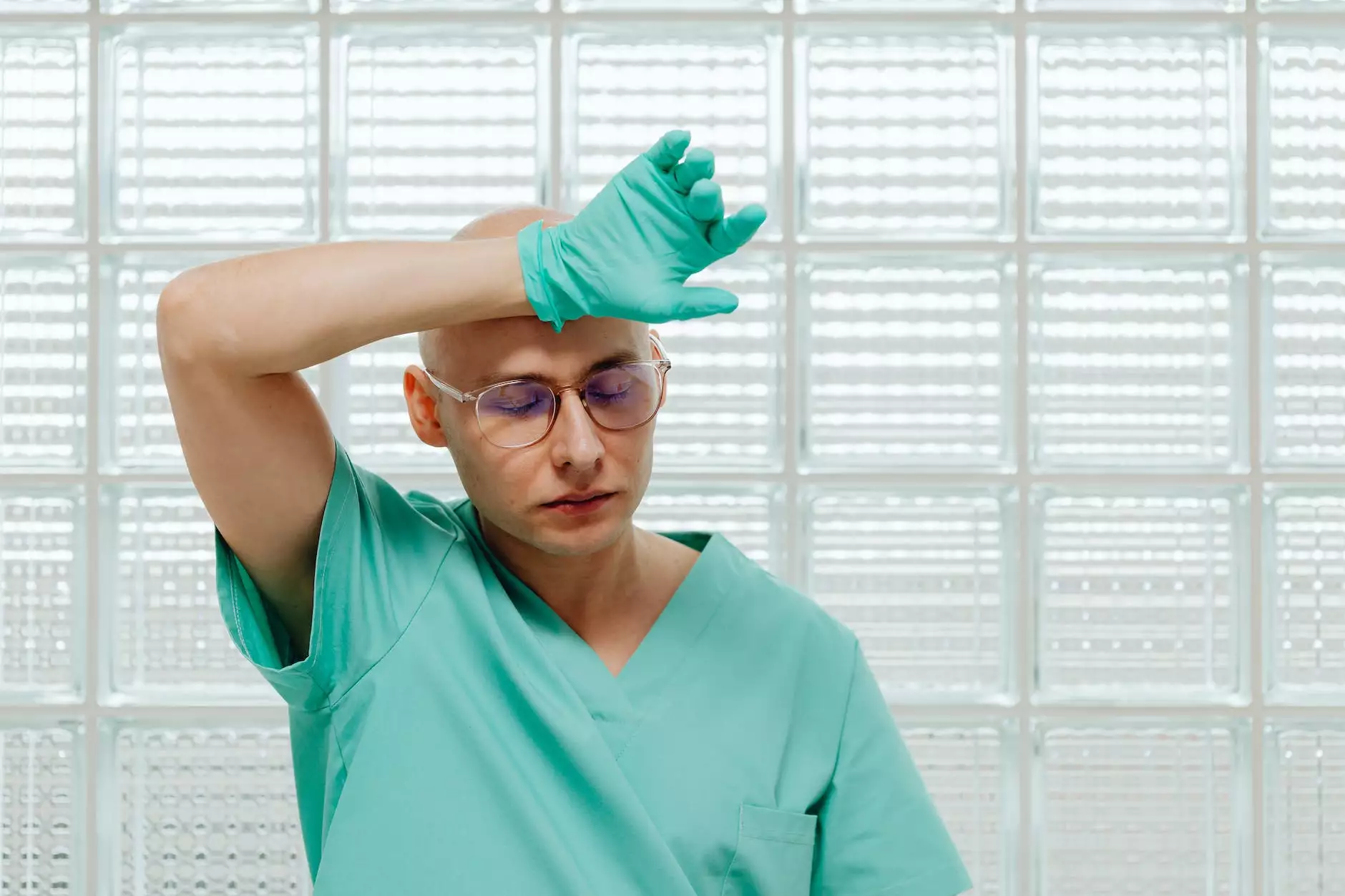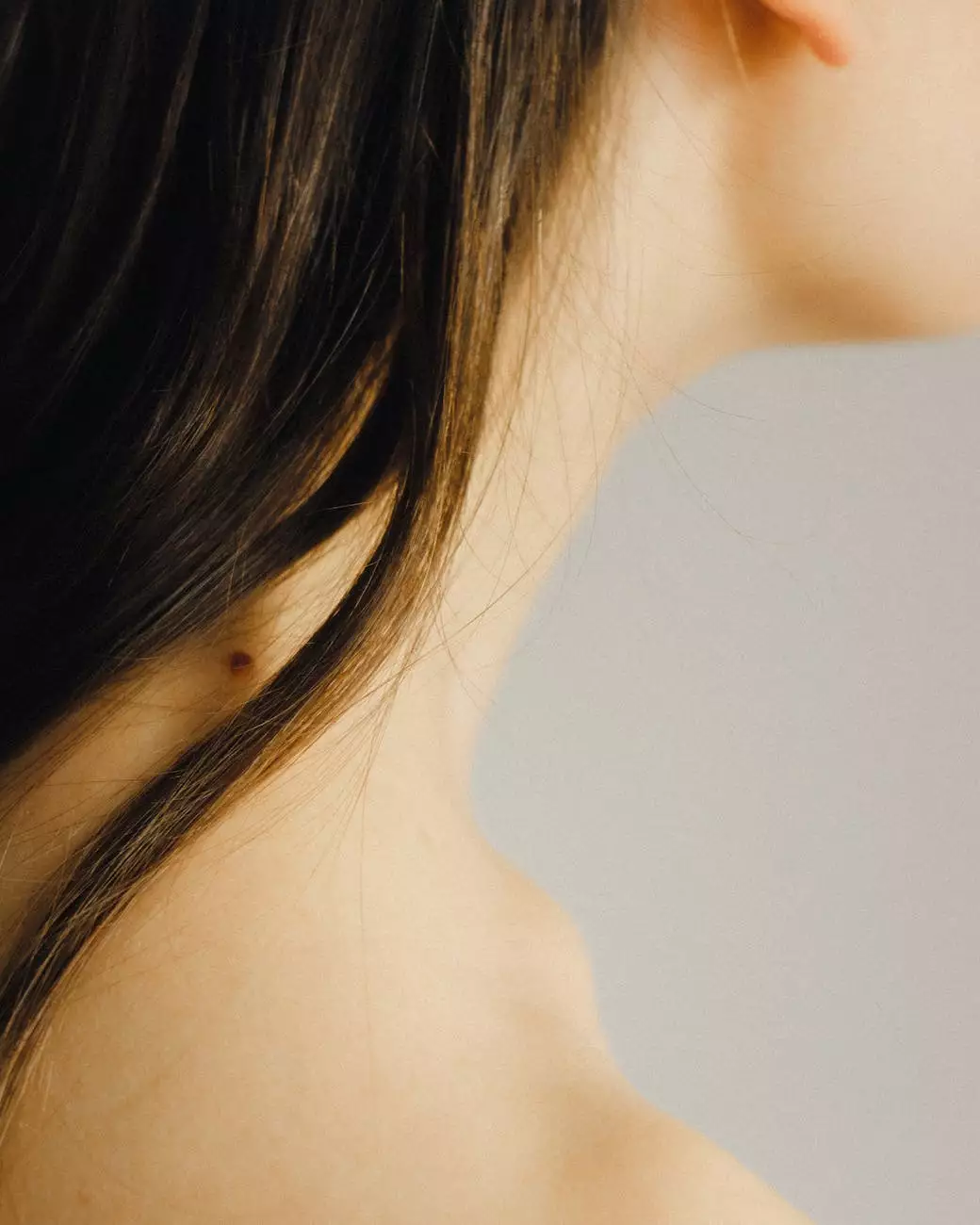What are Blackheads? - Betty Bellman, MD, PA
Skin Care
Understanding Blackheads
Blackheads, also known as open comedones, are a common skin concern that many people experience. They appear as small, dark bumps on the skin, often found on the face, particularly in the T-zone (forehead, nose, and chin) area. Blackheads are a type of acne, specifically a form of non-inflammatory acne.
The Causes of Blackheads
Blackheads occur when hair follicles become clogged with excess sebum, dead skin cells, and bacteria. Several factors contribute to the formation of blackheads:
1. Excess Oil Production
Individuals with oily skin are more prone to blackheads. Excess oil can accumulate in the pores, leading to clogged follicles and the formation of blackheads.
2. Hormonal Changes
Hormonal fluctuations, such as those that occur during puberty, menstruation, or pregnancy, can increase oil production and make the skin more susceptible to blackheads.
3. Poor Skincare Routine
Inadequate cleansing or the use of comedogenic (pore-clogging) skincare products can contribute to the development of blackheads. It's important to maintain a proper skincare routine to keep the skin clean and prevent blackhead formation.
Preventing and Treating Blackheads
While blackheads can be persistent, there are several preventive measures and treatments that can help manage and minimize their occurrence:
1. Cleansing
A regular cleansing routine is crucial to remove excess oil, dirt, and impurities from the skin. Use a gentle cleanser suitable for your skin type, and avoid harsh scrubbing or overwashing, as it can irritate the skin and worsen blackheads.
2. Exfoliation
Regular exfoliation helps to remove dead skin cells and unclog pores, reducing the chances of blackhead formation. Choose a gentle exfoliator with ingredients like salicylic acid or glycolic acid, which can effectively unclog pores without causing irritation.
3. Non-Comedogenic Products
Opt for skincare and makeup products labeled as non-comedogenic or oil-free. These products are specially formulated not to clog pores, minimizing the risk of blackheads.
4. Regular Moisturization
Although it may seem counterintuitive, moisturizing is essential for all skin types, including oily skin. Opt for lightweight, oil-free moisturizers that provide hydration without adding excess oil to the skin.
5. Professional Treatments
In some cases, professional treatments may be necessary to effectively treat blackheads. Consult with a dermatologist or skincare professional for personalized advice and possible treatments, which may include chemical peels, microdermabrasion, or extractions.
Conclusion
Blackheads are a common skin concern that can be effectively managed and minimized with proper skincare practices. By adopting a consistent skincare routine, using non-comedogenic products, and seeking professional advice when needed, you can take control of your skin and reduce the occurrence of blackheads. Visit Betty Bellman, MD, PA for expert guidance and personalized solutions to address your specific skincare needs.
Related Articles:
- How to Prevent Acne - Betty Bellman, MD, PA
- Understanding Sensitive Skin - Betty Bellman, MD, PA
- Best Practices for Healthy Skin - Betty Bellman, MD, PA




